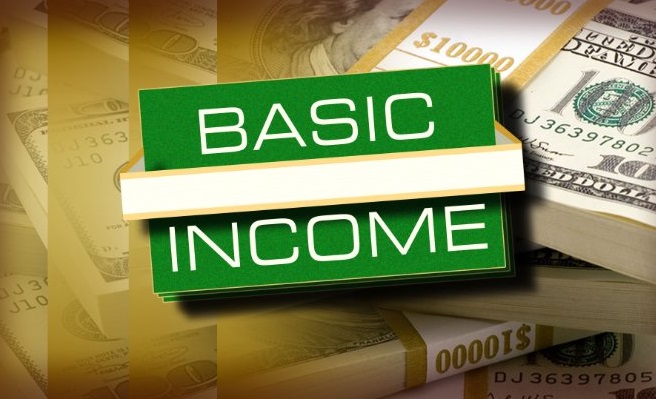OECD: Basic Income could not reduce poverty

As the global economy stares down the barrel of rising inequality and increased automation, more countries are toying with the idea of a universal basic income. But a new report by the Organization for Economic Cooperation and Development (OECD) is less than enthusiastic. According to OECD research, welfare reforms that would introduce public payment of an unconditional basic income to everyone of working age are worth exploring but would do little to combat poverty if not financed by extra tax.
That conclusion is very problematic for a welfare reform that advocates bill as a solution to poverty. A small safety net of cash distributed to everyone regardless of income level or employment status, prevents people – but especially the poor – from slipping into destitution.
Finland, for example, is almost five months into a two-year experiment in basic income, and so far many of the recipients are already reporting lower levels of stress. Every month, the country’s social security institution pays out $600 to 2,000 people who are enrolled in unemployment, and that payment will continue until 2019 even if they find jobs. Whether they choose to stay home to care for elderly parents, turn down unappealing jobs, take a low-paying job or start a business, they have some measure of financial stability.
According to the OECD, it is a simple welfare solution that cuts down on bureaucracy. However, in its policy brief published on Wedsneday, it examined the financial feasibility, and the conclusions were not encouraging.
According to the report, if all existing benefits for the working-age population were scrapped and the funds spread equally, the amount would fall far short of eradicating poverty and be less than what some beneficiaries currently receive. On the other hand, a basic income amount set at the poverty line for a single person would be very expensive and require additional taxes.
“A BI (basic income) at socially and politically meaningful levels would therefore likely require additional benefit expenditure and thus higher tax revenues,” it said.
In a note that outlined simulated national scenarios, the Paris-based OECD, a publicly funded think tank charged with reviewing economic and social policy ideas, concluded poverty rates would rise in Finland, France and the United Kingdom and remain unchanged in Italy.
No country has so far introduced such a radical reform of social welfare provision but debate over a concept that has fans across the political spectrum has gained traction.

